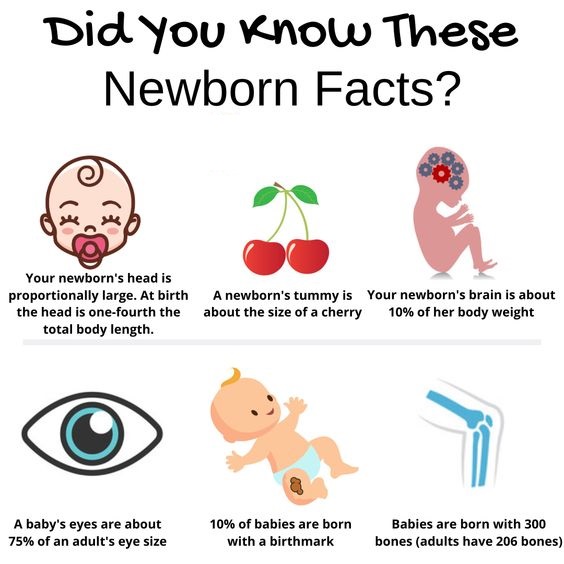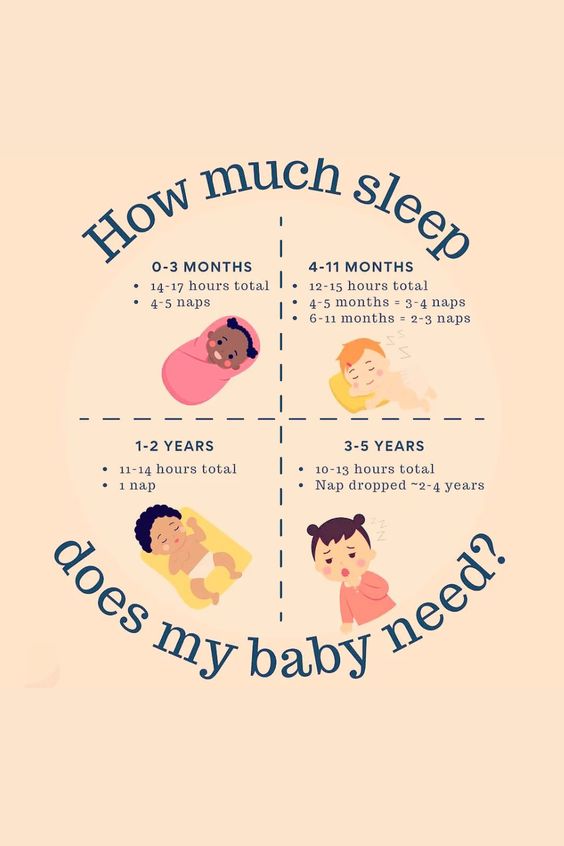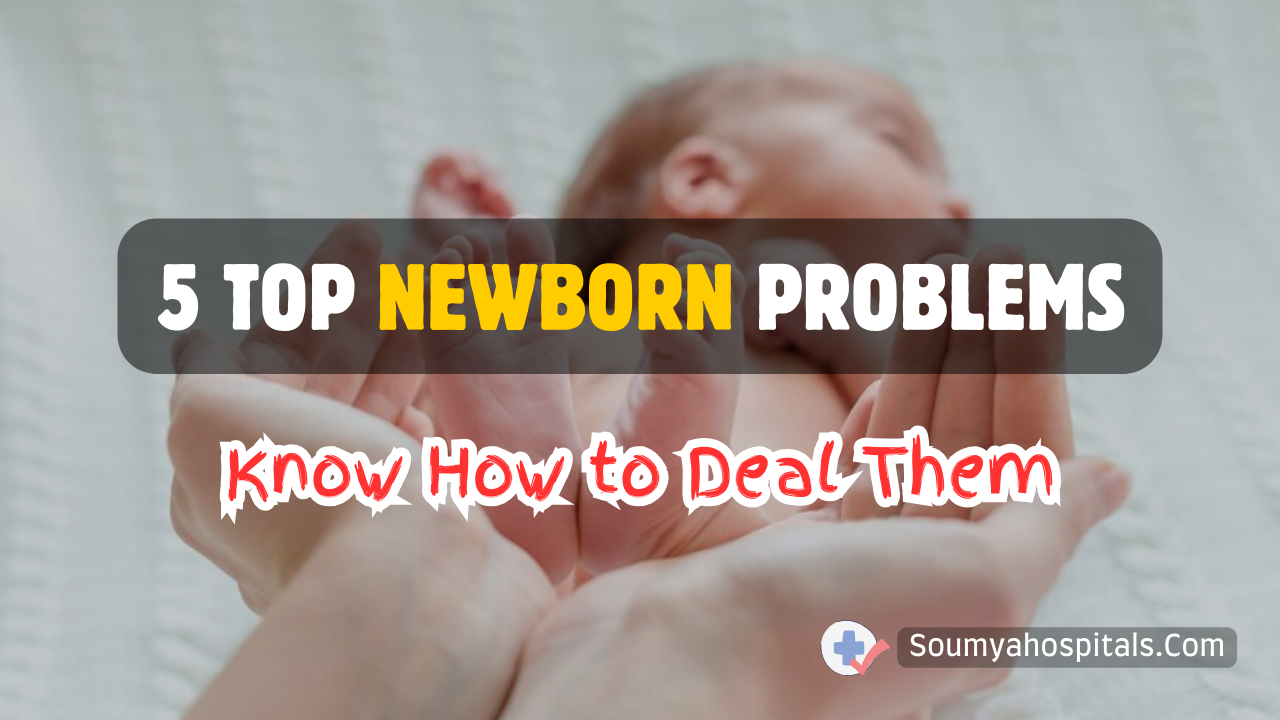Every mom is worried about their baby’s well being, especially during the first few days after childbirth. Even a slight change seen in their babies disturb them. Well, it is quite normal. However, knowing about common problems in newborns might help you reduce unnecessary anxiety. Most babies will have a few issues, which are harmless, yet challenging for moms. Be aware of them and know how to deal with them.
Also Check: Pediatric: Respiratory NCLEX Questions
Jaundice
The yellowing of the skin and the whites of the eyes is a common condition among newborn babies. However, it is usually harmless. It develops two to three days after the birth. The buildup of bilirubin in the blood causes jaundice. As the liver in newborn babies is not fully developed, the removal of excess bilirubin may not be effective, thus, leading to jaundice.
In normal cases, it gets better when your baby is about two weeks old. However, you need to consult your pediatrician to ensure that your baby does not need treatment. It is important to see the doctor if the symptoms become worse. Phototherapy and an exchange transfusion are the treatments to quickly reduce your baby’s bilirubin levels.

Breastfeeding
Yes, breastfeeding is a natural way to feed your baby. But, that does not mean that it is not challenging. New moms find it tough to cope with breastfeeding, especially in the early days. A poor latch, low milk supply, and improper breastfeeding position are common concerns of moms.
Do not hesitate to seek help from a lactation consultant if you struggle with a good latch. Your little one’s mouth needs to be wide open for getting a good latch. Make sure that your baby is nursing from most of the areola and the nipple. Moms have concerns whether their baby gets enough milk or not. By checking your baby’s weight and growth, you can ensure that he/she gets enough milk. Worry not, it takes time to get settled with breastfeeding.
Sleep Issues
New moms expect sleepless nights to be part of their motherhood. But, even when you expect them, it can’t be really tough when reality strikes you. Your little one keeps getting up a lot at night and as a result, you will be sleep-deprived.
It is not practical to set a napping pattern for the first few days after childbirth. Most newborns sleep for two to four hours at a time, day and night. And they need to feed frequently. Moms can sleep whenever their babies sleep and they need to be awake whenever babies are ready for the feed. Well, easier said than done! Realize the fact that it might be difficult in the first few days. By 3-4 months, babies begin to follow a more predictable pattern of daytime sleep.

Colic
An uncomfortable crying is one thing that worries most moms. Your baby is considered colicky if he/she cries for more than three hours in a row on three or more days a week. They are usually fussier in the evenings. In fact, one in five babies is considered colicky.
Colic is not caused by any medical problem. Colicky babies are healthy. Hunger, overfeeding, or pain from gas can be possible causes of colic. If you breastfeed the baby, some food you eat may irritate the baby. Caffeine, chocolate, dairy products or nuts may act as triggers. Ensure that your diet does not have a negative effect on your baby. However, colic resolves by the time your baby reaches three months of age.
Vomiting
It is common for babies to vomit in the early days. Infants often spit up milk after feeds. Feeding problem is a major reason for vomiting. Overfeeding may result in vomiting. If you don’t burp your baby, it may also lead to vomiting.
Your baby needs no treatment to cure vomiting. It will generally disappear in a day. However, make sure that he/she stays hydrated. However, if vomiting is accompanied by other symptoms such as fever, dehydration, or refusal to breastfeed, you should consult your doctor. In case your child does not gain adequate weight, he/she may need medical attention. Also, remember that forceful or projectile vomiting is not a good sign. You need to call your baby’s doctor without any delay.
